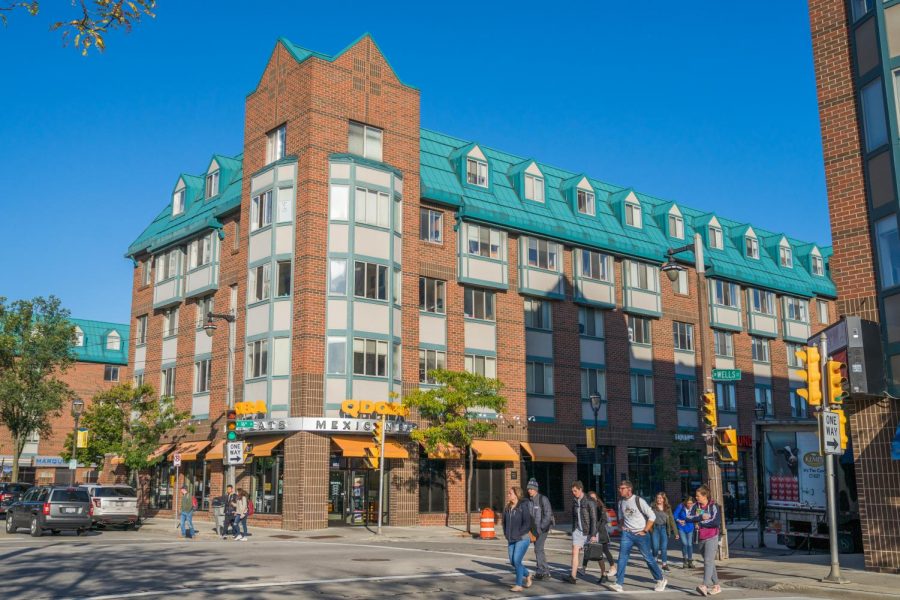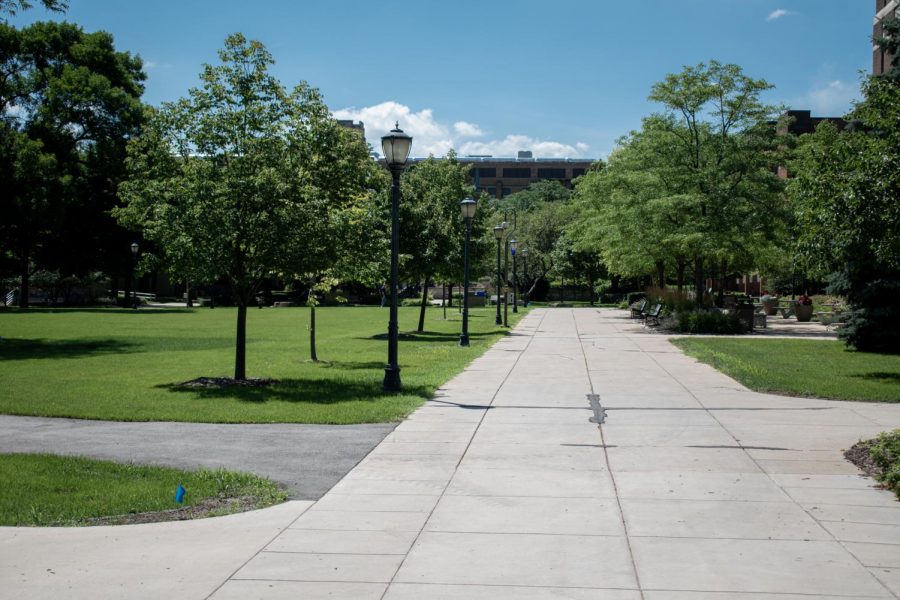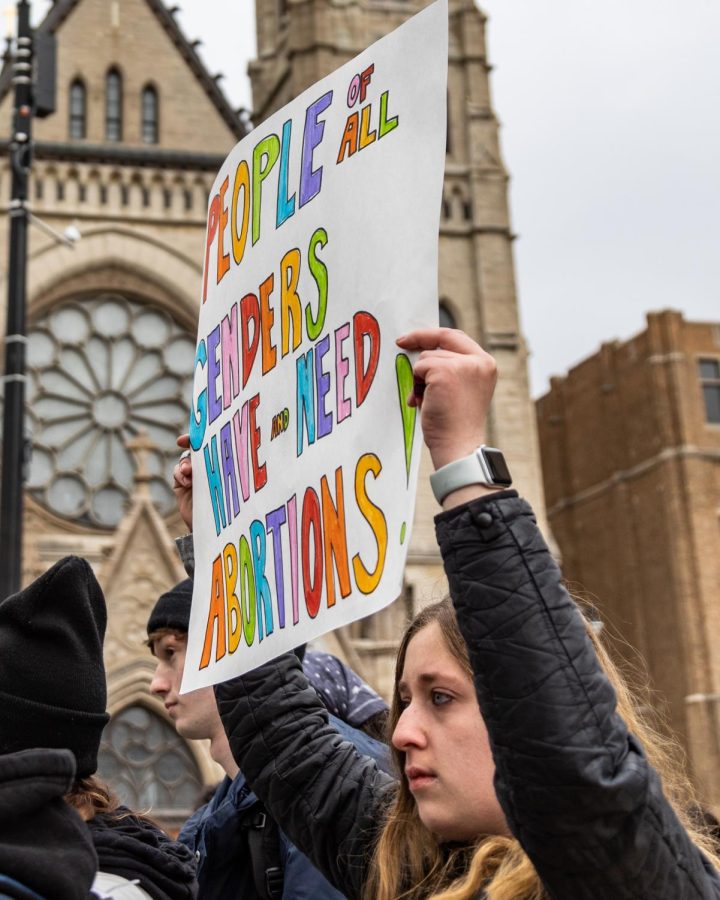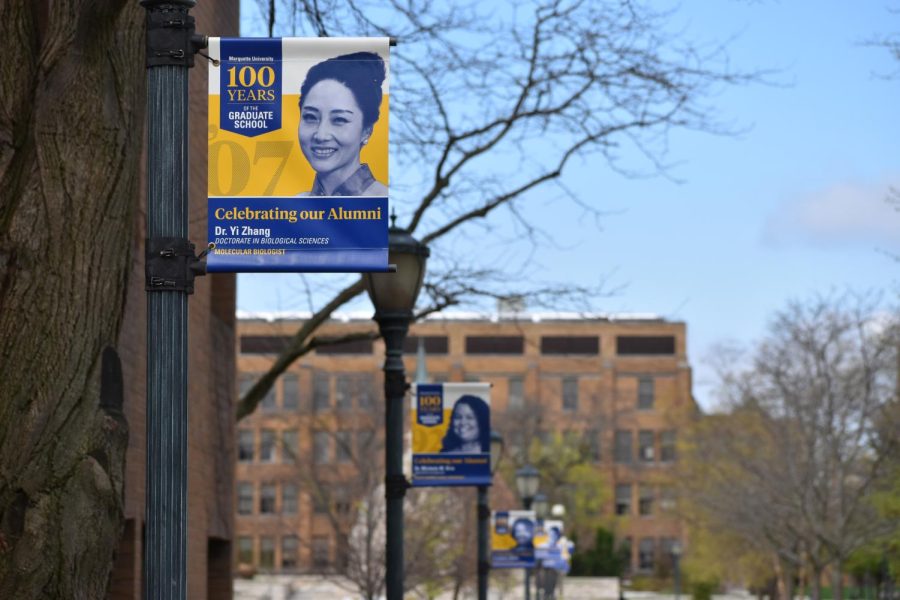While Marquette University’s housing guidelines adhere to certain traditional Catholic values, the outdated policies cause practical issues that frustrate and hinder students.
Underclassmen living in residence halls are not permitted to house overnight guests of the opposite gender in their rooms. Guests of the opposite gender are also not allowed to stay past 1 a.m. Sundays through Thursdays and 2 a.m. Fridays and Saturdays, according to the university’s visitation policy.
By relying solely on Catholic standards, the university fails to consider the real-world effects this policy has on student safety.
Forcing students to leave residence halls at early morning hours puts them in danger. Many of these students walk home by themselves, leaving them susceptible to many of the risks Marquette and its police department educate students to avoid.
The university’s shuttle services for students, LIMO and campus safety vehicles, lessen some risks. However, the reality is that many students choose to forgo these services. Marquette has an obligation to assume responsibility for the well-being of all of its students, including those who walk home after residence hall restrictions are in effect.
Furthermore, the university’s blanket policy fails to take circumstantial factors into account. It does not provide exceptions for emergency or last-minute situations.
If a resident or guest experiences a traumatic event in their personal life, they are not allowed to stay with friends of the opposite gender for support. They are left without comfort in a time of need, merely due to the university’s traditional views regarding gender expression.
The policy also leaves residents’ opposite gender guests who lack alternative housing susceptible to danger. If a resident hosts a visitor from out of town, the visitor is expected to find an apartment or hotel living on their own. If an opposite gender visitor lives on campus but has an issue with their living situation, the visitor is unable to stay with their friend in a residence hall.
These frustrating policies makes little sense. They cause residents and guests to spend time coordinating alternative housing options based on arbitrary gender barriers.
Furthermore, It has become common and fairly easy for residents to get around the overnight policy by having friends check-in their forbidden. Moreover, the probability of being caught for having opposite gender guests stay past 2 a.m. or having friends check-in others’ guests is random and inconsistent.
The policy’s enforcement is ineffective, and it should be reevaluated.
Beyond logistical issues, the existing housing policies discount the identities of LGBTQ+ students. If the policies are meant to prevent potential sexual relations between opposite genders, they fail to consider relationships between people who identify as the same gender.
The university’s stance on what constitutes a relationship is based on outdated, LGBTQ-phobic norms. It should consider the hypocritical nature of its policies.
Underclassmen are not the only campus population experiencing housing policy concerns. Upperclassmen living in on-campus university-owned apartments face restrictions, too.
According to the university’s apartment selection guidelines, “Co-ed living is not permitted in on-campus housing.”
Upperclassmen who cannot afford or who may be unable to find off-campus housing are forced to abide by university rules, only being allowed to sign leases and live with students of the same gender or by themselves. These restrictions lead some students to choose to live alone. Depending on someone’s personality and circumstances, this can have detrimental effects on their mental health and sense of security.
Students’ inability to live in on-campus apartments with students of the opposite gender disregards feelings of comfort, happiness and freedom in upperclassmen housing.
The policies also have a disproportionate effect on students who pursue on-campus housing to ensure that financial aid covers some housing expenses during their junior and senior years.
Higher education institutions similar to Marquette stray from such outdated policies.
Loyola University Chicago, another Jesuit university, does not require overnight guests to be of the same gender, according to its visitation policy.
The University of Notre Dame, a private Catholic institution, also does not outline overnight guest restrictions on the basis of gender in its visitation policy.
Altering Marquette’s visitation policy would not undermine its Catholic values but would rather establish well-being, safety and inclusivity.
The university must make the necessary changes to its current housing guidelines to ensure student security and satisfaction. It cannot continue to perpetuate the upholding of certain Catholic standards when societal norms and expectations are changing.










Michael • Oct 8, 2019 at 3:34 pm
Speak, snowflake, speak!